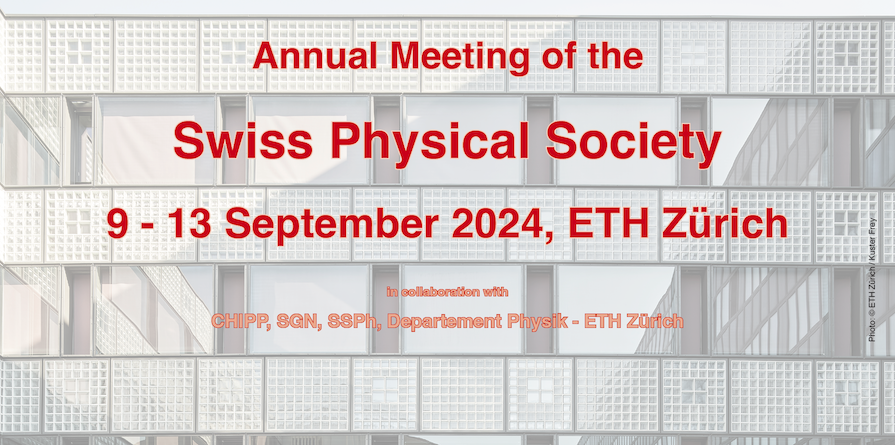Speaker
Description
Recent theories have shown that an electric field can induce a net flow of orbital momentum in common metals and semiconductors, even when crystal field and band structure effects completely quench the orbital magnetism at equilibrium. Specifically, an electric field applied to 3d metals such as Ti, Cr, and Mn can generate a substantial non-equilibrium orbital accumulation, which is comparable to or even larger than the spin accumulation caused by the spin Hall effect and the Rashba-Edelstein effect in the 5d elements. In this talk, I will discuss methods to detect this orbital accumulation. Additionally, I will present evidence of significant orbital Hall and orbital Rashba-Edelstein effects in elemental and alloyed 3d systems, illustrating how orbital-to-spin conversion results in the generation of spin-orbit torques with tuneable magnitude and sign. Accordingly, orbital currents provide new avenues for controlling the magnetization of diverse material systems, potentially enhancing the efficiency of spintronic devices for memory and logic applications.
